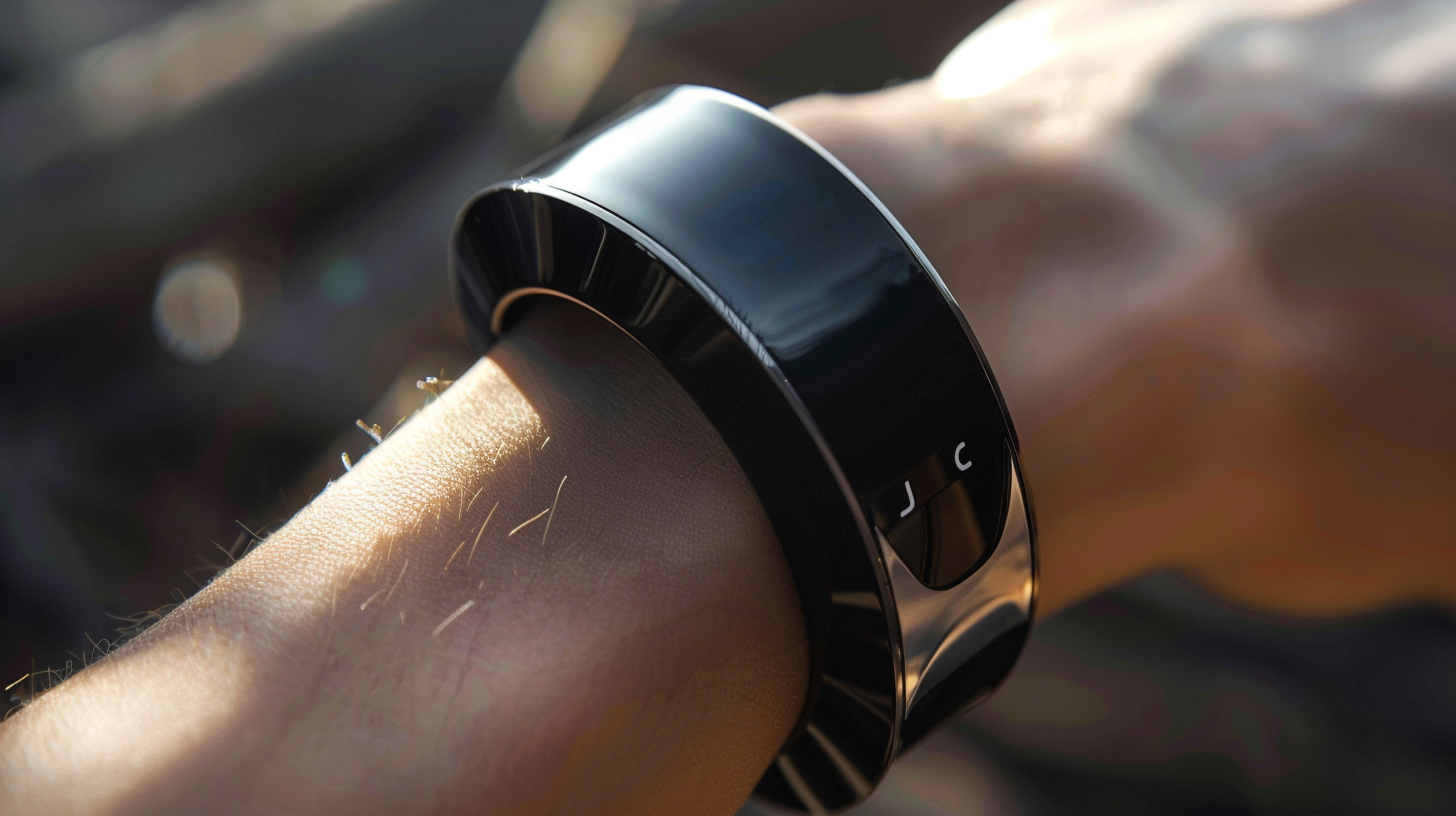Amazon is stepping back into the wearables game — but this time, it’s not about fitness tracking. The tech giant is acquiring Bee, an AI-powered bracelet startup whose smart device transcribes user conversations, makes them searchable, and turns those interactions into actionable content like to-do lists and reminders.
The acquisition was announced by Bee CEO Maria de Lourdes Zollo on LinkedIn Tuesday, with confirmation from Amazon shortly after. While financial details remain undisclosed and the deal hasn’t yet officially closed, the implications are clear: Amazon wants to push deeper into personal AI, and Bee’s technology may become a key building block.
Bee’s wearable device is always listening — but only stores text transcriptions, not audio. This subtle but important difference positions Bee as a tool for assistive intelligence, rather than surveillance. According to the company, its goal has always been to create an AI companion that “learns with you,” enhancing day-to-day life in a way that feels less intrusive and more useful.
This fits neatly into Amazon’s broader AI strategy. After shuttering its Halo wearables line in 2023, Amazon has refocused on AI-powered services, most recently launching a generative AI-powered upgrade to Alexa, known as Alexa+. Integrating Bee’s capabilities could push Alexa into more context-aware, proactive territory — automatically logging conversations, suggesting follow-ups, or building task lists without users lifting a finger.
The potential is enormous. Real-time conversation capture and transcription can provide a wealth of data, helping to train and refine personalized AI agents. For Amazon, this also represents a possible edge in the race against Google, Meta, Samsung, and others investing heavily in AI-powered smart wearables like earbuds, glasses, and compact assistants.
For investors, this is more than just another big-tech M&A deal — it’s a signal of the next wave in consumer AI. Devices like Bee’s bracelet represent a shift toward always-on, passively intelligent tools that blend into everyday life. And with Amazon in the mix, the scale of adoption could be swift.
There’s also a commercial layer to this: AI wearables could transform e-commerce, advertising, and user engagement. With access to rich, real-world behavioral data, companies could refine product recommendations, automate shopping lists, and deliver marketing that feels like a natural extension of a user’s day — not an interruption.
While privacy concerns will continue to hover over these developments, Amazon says its current user controls will apply to Bee’s device as well. That means opt-in settings, transparency reports, and more granular data handling tools — all of which will be under scrutiny as the tech rolls out.
Ultimately, Amazon’s acquisition of Bee isn’t just about a bracelet — it’s about redefining how AI fits into our daily lives, and who gets to lead the way.

